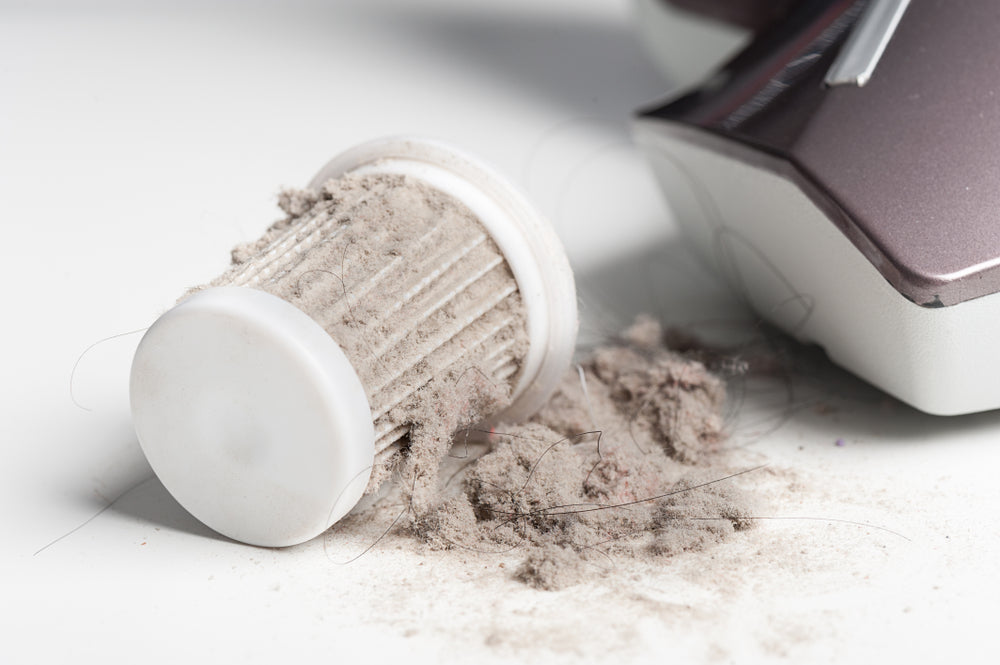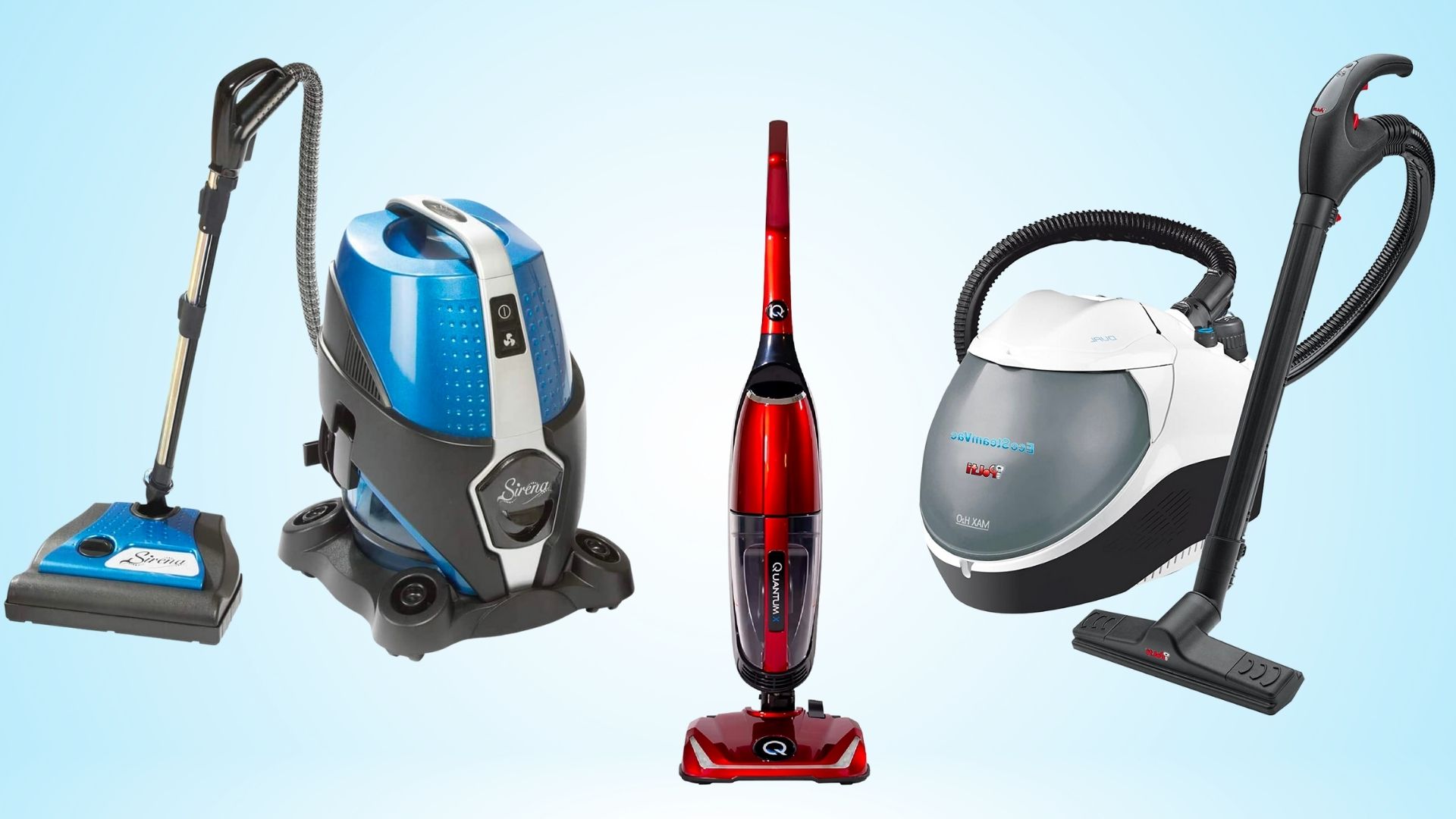Filter for Vacuum Cleaner is essential for maintaining the efficiency of your vacuum and improving indoor air quality. Choose from various options available in Austin, Texas, such as Temu, Amazon.com, Walmart, and more.

Credit: www.amazon.com
Benefits Of Hepa And Ulpa Filters
HEPA (High-Efficiency Particulate Air) and ULPA (Ultra-Low Penetration Air) filters are widely recognized for their exceptional air filtration capabilities. They are designed to capture tiny particles and allergens that can be harmful to our health and well-being. Let’s explore the benefits of these advanced filtration systems.
Effectiveness In Removing Dust And Particulate Matter
HEPA and ULPA filters excel in removing dust, pollen, pet dander, mold spores, and other small particles from the air. With their highly efficient design, they can capture particles as small as 0.3 microns (HEPA) and 0.12 microns (ULPA). These filters are particularly helpful for individuals with allergies, asthma, or respiratory sensitivities, as they provide cleaner, fresher air to breathe.
Comparison To Standard Vacuum Filters
In comparison to standard vacuum filters, HEPA and ULPA filters offer superior filtration capabilities. Standard filters may only capture larger particles, leaving behind smaller and potentially harmful allergens. On the other hand, HEPA and ULPA filters can trap even the tiniest particles, ensuring a thorough and effective cleaning process. With their advanced technology, these filters can significantly improve the indoor air quality of your home or workplace.
In conclusion, the benefits of HEPA and ULPA filters go beyond just surface-level cleaning. They provide a significant improvement in air quality, making them essential for individuals with allergies or respiratory sensitivities. Investing in a vacuum cleaner with these advanced filters can have a long-lasting positive impact on your health and well-being.

Credit: molekule.com
Choosing The Right Vacuum Filter
When it comes to maintaining a clean and healthy home, having a high-quality vacuum cleaner is essential. And one of the most important components of a vacuum cleaner is the filter. The filter plays a crucial role in trapping dust, allergens, and other particulate matter, ensuring that the air in your home is clean and free from pollutants.
Considerations For Optimal Filtration
When choosing the right vacuum filter for your cleaning needs, there are several factors to consider. These considerations will help you ensure optimal filtration and maximize the performance of your vacuum cleaner.
- 1. Efficiency: The efficiency of a vacuum filter determines how effectively it can trap and retain particles. Look for filters with a high-efficiency rating, such as HEPA (High-Efficiency Particulate Air) filters, which can capture particles as small as 0.3 microns in size.
- 2. Compatibility: Different vacuum cleaners require different types of filters. Before purchasing a filter, make sure it is compatible with your vacuum cleaner model. Consult the manufacturer’s guidelines or check the product specifications to ensure a proper fit.
- 3. Maintenance: Consider the maintenance requirements of the filter. Some filters are washable and reusable, while others need to be replaced regularly. Choose a filter that aligns with your cleaning routine and preferences.
Factors To Evaluate For Different Vacuum Filtration Options
In addition to the above considerations, there are specific factors to evaluate when exploring different vacuum filtration options. Understanding these factors will help you make an informed decision and select the most suitable filter for your needs.
| Factor | Description |
|---|---|
| 1. Filtration Method | Different filters employ various filtration methods, including mechanical filtration, electrostatic filtration, and activated carbon filtration. Evaluate the filtration method based on your specific requirements, such as trapping pet dander, reducing odors, or addressing allergies. |
| 2. Filter Lifespan | The lifespan of a filter refers to the duration it can effectively filter particles before needing replacement. Consider the filter’s lifespan in relation to your cleaning frequency and the air quality in your home. |
| 3. Cost | Compare the cost of different vacuum filters, taking into account not only the initial purchase price but also any recurring costs for replacement filters. Find a balance between affordability and the filter’s quality and performance. |
By considering these factors for optimal filtration and evaluating different vacuum filtration options, you can choose the right vacuum filter that meets your cleaning needs and helps maintain a cleaner and healthier home.
Note: The table above can be presented as an HTML table in WordPress for better readability and organization of information.Maintaining And Replacing Vacuum Filters
Proper maintenance practices and timely replacement of vacuum filters are essential for ensuring the optimal performance and longevity of your vacuum cleaner. By following the right maintenance routines and keeping track of the replacement schedule, you can effectively enhance the overall air quality of your living space and extend the durability of your vacuum cleaner.
Proper Maintenance Practices For Vacuum Filters
Regular cleaning: Cleaning the filter at least once a month or as recommended by the manufacturer is critical. Remove the filter and gently tap off the dust or debris. Washing: Some filters are washable, so make sure to follow the instructions for proper cleaning and drying before reinstalling. Replacement: If the filter is disposable, make sure to replace it as per the manufacturer’s guidelines.
Understanding The Replacement Schedule
Know your vacuum’s filter type: Different vacuum models have specific filter replacement schedules. Refer to the user manual or the manufacturer’s website to understand the recommended guidelines. Performance indicators: Keep an eye on the performance of your vacuum. If you notice decreased suction power or dust blowing back into the air, it might be time to replace the filter. Timely replacement: Strictly adhere to the recommended replacement schedule to maintain the efficiency and functionality of your vacuum cleaner.

Credit: www.womansworld.com
Frequently Asked Questions For Filter For Vacuum Cleaner
Which Filter Is Best For Vacuum Cleaner?
The best filter for a vacuum cleaner is subjective and depends on the specific vacuum model. It is recommended to refer to the vacuum cleaner’s manufacturer’s instructions for compatible filter options.
Can Vacuum Filters Be Washed?
Yes, vacuum filters can be washed.
Do I Need To Replace My Vacuum Filter?
Yes, replacing your vacuum filter is essential to maintain the efficiency and longevity of your vacuum cleaner. A dirty filter can hinder suction and lead to poor air quality. Regular replacement ensures optimal performance.
How Long Does A Vacuum Cleaner Filter Last?
A vacuum cleaner filter typically lasts around 6 to 12 months, depending on usage and maintenance.
Conclusion
When it comes to choosing the right filter for your vacuum cleaner, it is essential to consider factors such as the compatibility and quality of the filter. With a wide range of options available, it’s important to prioritize performance and longevity for optimal cleaning results.
Ensure to choose a filter that aligns with your specific vacuum cleaner model for effective filtration and air quality.





